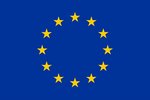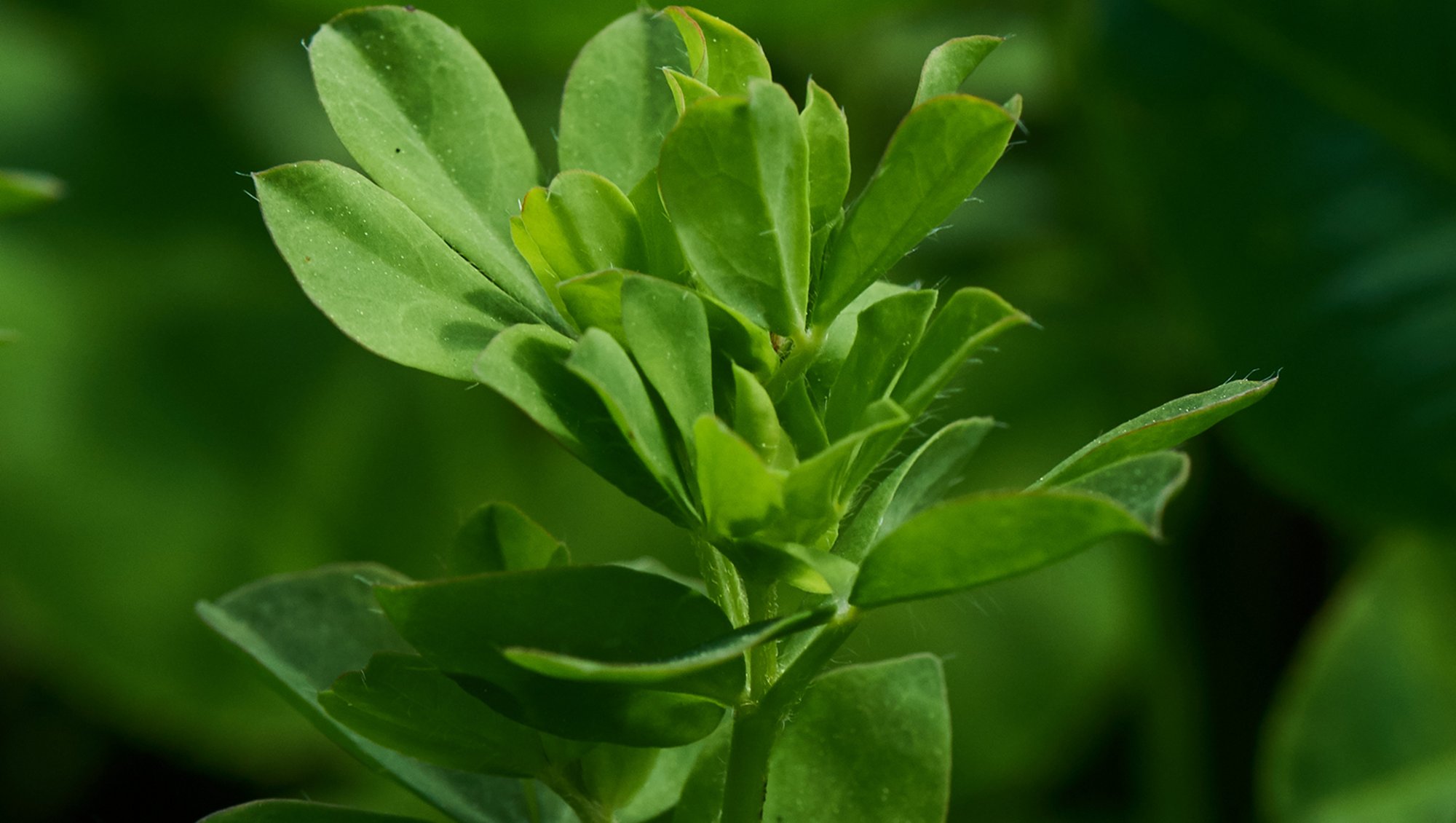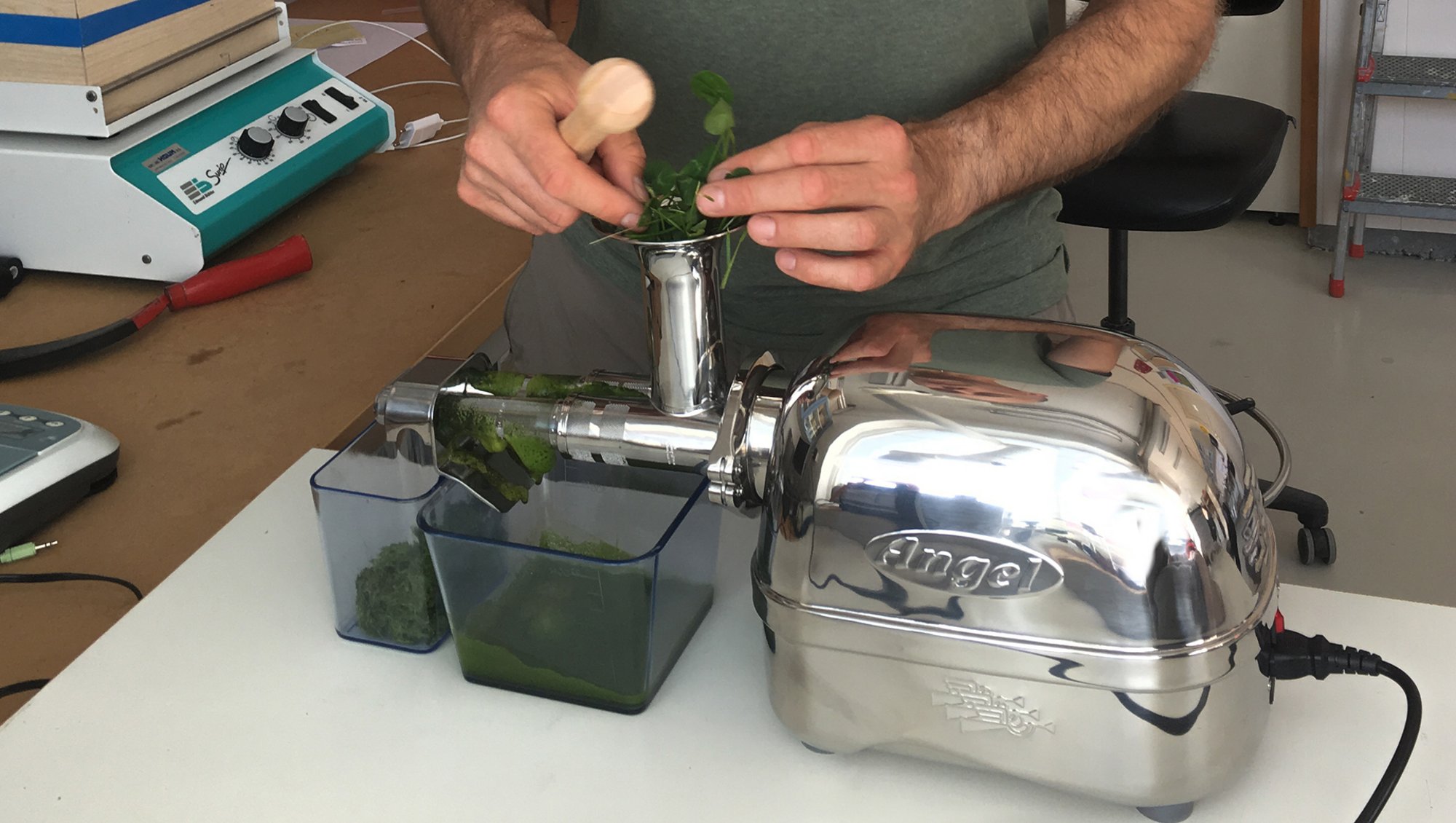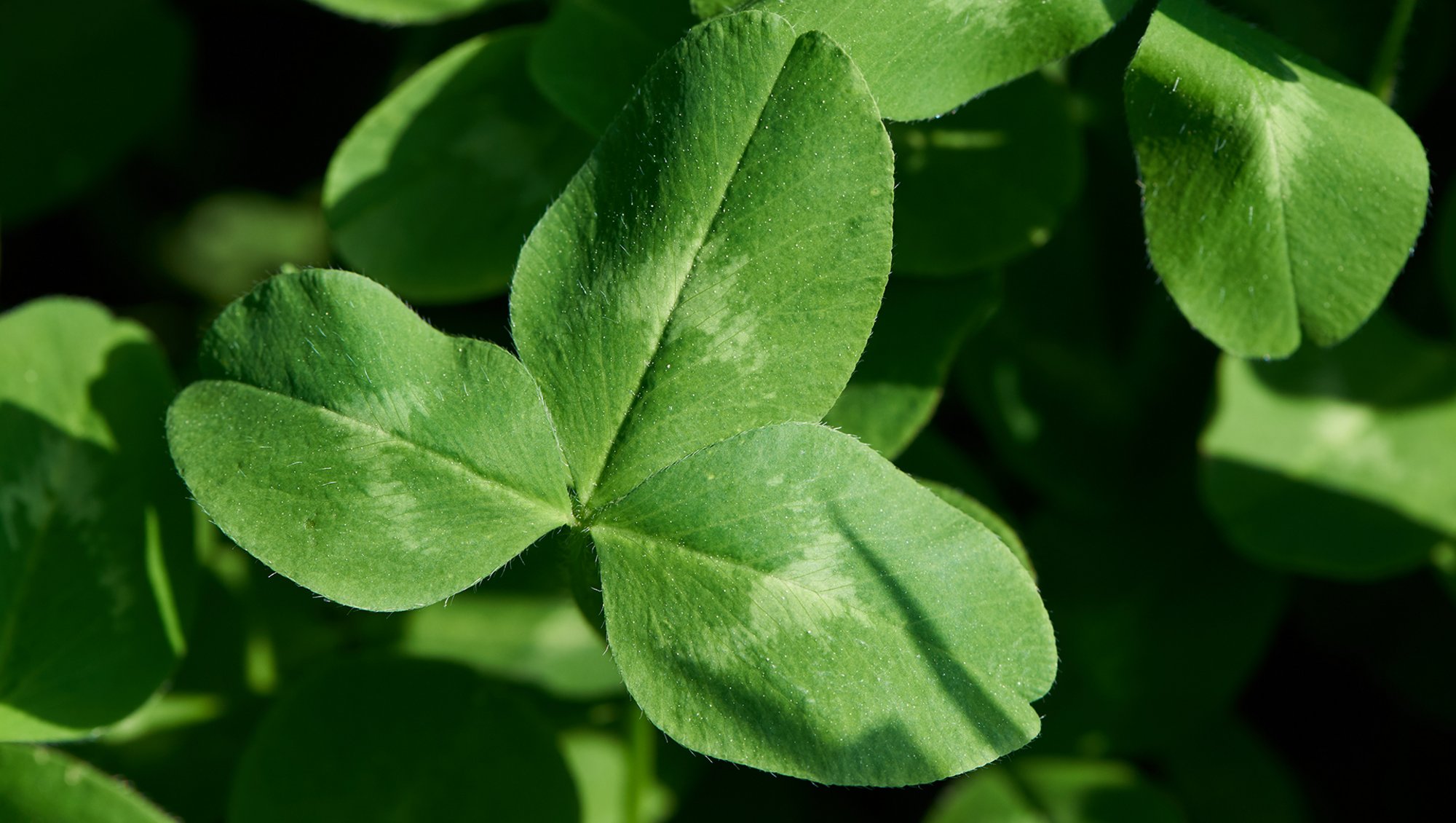ProRefine
- ProRefine – New methods for producing high quality feed locally
Introduction
Lucerne and clovers are valuable feeds for dairy cows. New processing methods may allow us to produce high quality feed from locally grown forages for both cows and non-ruminant animals, such as pigs and poultry.
The aim is to improve local food systems in organic farming based on fractionation of plant parts of forage legumes.
Developing methods to extract protein from forages could result in local feeds suitable for both cows and monogastric animals.
We will carry out research activities in six regions, Pays-de-la-Loire in France, the Po valley in Italy, the Aegean region in Turkey, central Denmark, Västerbotten in Sweden and mid-Norway.
Background
Supply of feed protein is critical for animal production, and many farmers in Europe rely on imported protein supplements. Forage legumes efficiently utilise the growing season and produce high protein yields. Fractionation of the forage crops is necessary to make the protein available for monogastric animals, such as pigs and poultry, but there are various challenges that need to be addressed.
Main project activities
- Stakeholder group meetings in each country
- Development of models to predict protein supply from forage legumes
- Field trials of fractionation of lucerne and red clover in five regions
- Evaluation of nutritional value of forage legume fractions in growing pigs and dairy cows
- Conceptualisation of local food systems based on forage legume fractionation
- Study of farmer attitudes towards self-sufficiency with feed
- Sustainability assessment including economic, social and environmental aspects
Benefits and results
Expected long-term societal benefits
The new knowledge gained will contribute to strengthen the agricultural sector in Europe as a whole, by improved utilisation of biological resources. Implementation of fractionating forage legumes may lead to new food products demanded by consumers supporting local food systems. New knowledge about local food systems can be transferred across countries and sectors. This will increase the awareness of utilising local resources in food production.
Expected results
- Knowledge on how to maximise forage legume yields, with regard to crude protein content, leafiness and fibre digestibility under different climatic conditions
- Dry matter content, protein yields and fibre characteristics in fractions of forage legumes that have been separated by leaf stripping or juice production
- Possibilities to apply leaf stripper harvesters in mixed stands of lucerne or red clover with grass
- How to preserve forage legume fractions
- Knowledge on nutritional values and digestibility of forage legume fractions
- Economic, environmental and social sustainability of local food systems in the context of regional conditions
- Barriers identified for developing local value chains for organic animal products as identified by farmers and other stakeholders within industry and advisory services
- Knowledge on farmer attitudes towards self-sufficiency, their motivation to cooperate in new ways and ability to deal with risk management
Implementation and plans to reach target groups
Important target groups are farmers, advisory services, industry, government officials and the scientific community. A participatory approach will be applied by involving regional stakeholder groups.



